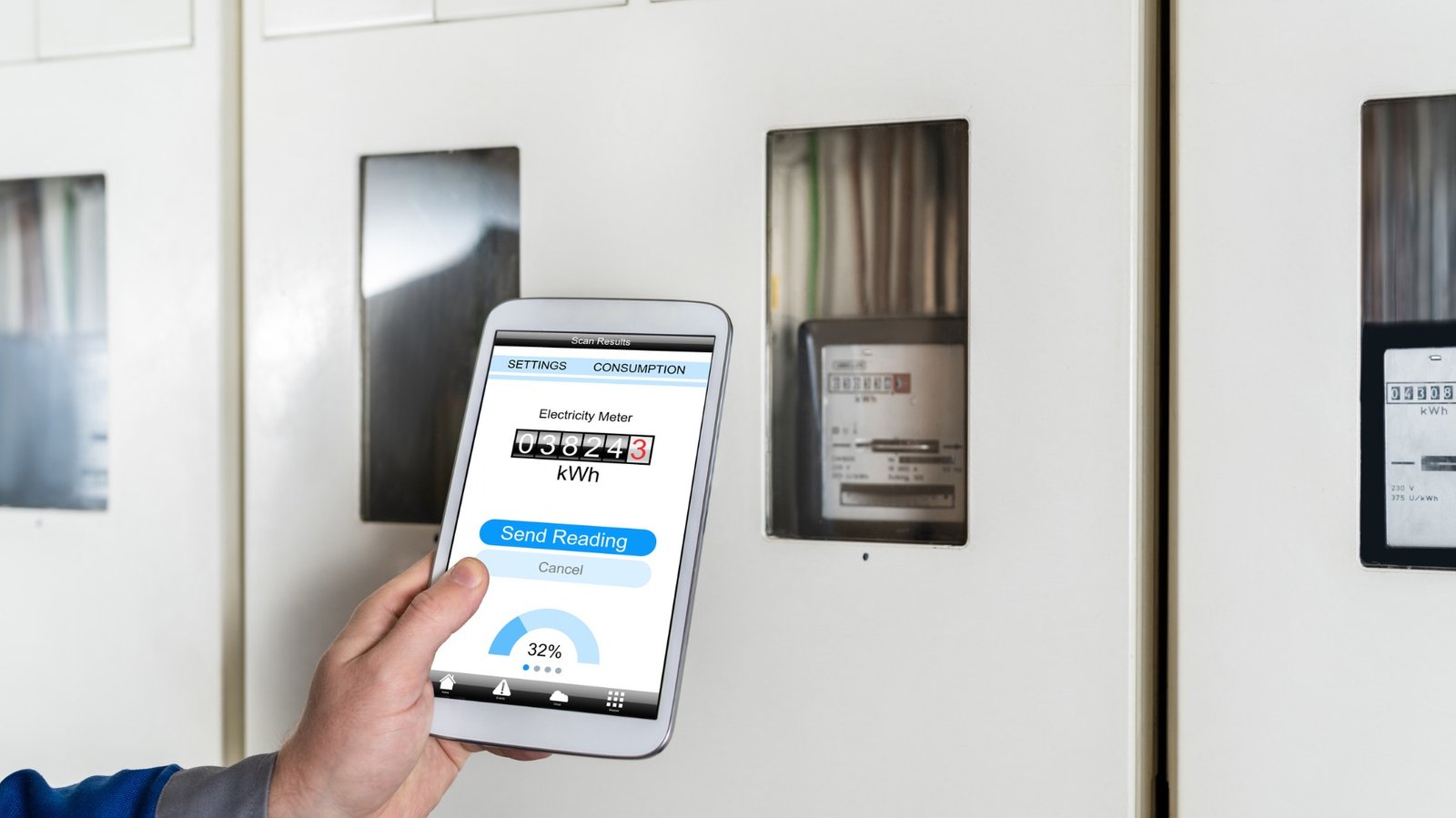To do away with the manual meter reading process that is time-consuming and expensive, Kerala State Electricity Board (KSEB) has decided to automate meter reading, ensuring total transparency in the meter reading and billing process.
By automating the process, KSEB aims to generate bills every month and stop the bi-monthly billing cycle.
For developing the automated system, KSEB will soon conduct a Hackathon for Startups in Kerala which are willing to develop two software applications for KSEB to automate the meter reading and billing process. KSEB chairman and managing director Biju Prabhakar has written a letter to Kerala Startup Mission inviting Expressions of Interest (EoI) from startups to participate in the Hackathon for developing the software. The letter quoted him as saying, “The selected EoIs will be shortlisted by a Technical Committee and a Hackathon will be conducted. The best product that is developed within 3 months’ time will be awarded Rs 5 lakhs as a reward by KSEBL.” The startups should submit their proposals on or before July 31, 2024.
Officials said the board has decided to do away with the bi-monthly billing process because it’s also causing additional burden to small families who have small monthly budgets and are forced to pay the bills of two months together.
As per the technical details, KSEB is looking to develop software for two types of automated meter reading processes, and the technical committee will select the best process out of the two for implementation.
Option 1
Meter reading and billing by Consumer through an App
The consumer has to download an app and scan the meter reading on a designated date made at the end of the monthly billing period. The image captured through scanning will be read and uploaded to a server using the app. The data will be processed through the billing software of KSEB.
The app will verify the consumer data, specifically the consumer number, Aadhaar number, phone number, and location of the meter. The Consumer will have the option to recheck the data and the meter reading before confirmation. There will also be an option to make a payment immediately or at a specific date later. The payment can be made through Debit Card/Credit card/QR code-based payment/wallet, etc.
Option 2
An RFID scanning system which will be unique for each meter
A Bluetooth/RFID device will be attached to the digital meter installed at the premises of each consumer. Once the operator reaches near the meter, say within 50 meters, the device with the operator will recognize the particular meter including the consumer number. The device will automatically read the meter and the data will be transferred to the main server for processing the bill.



